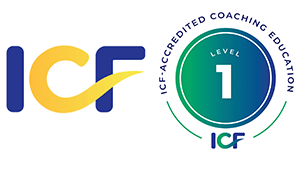LISA PISANO is the Director of Admissions at CTA Coach Training Alliance and a CTA Certified Coach with a thriving coach practice. Lisa is host of the Becoming a Coach Teleclass: An Insider’s Guide to the Coaching...
LEARN MORELisa Pisano Talks About Becoming a Coach










